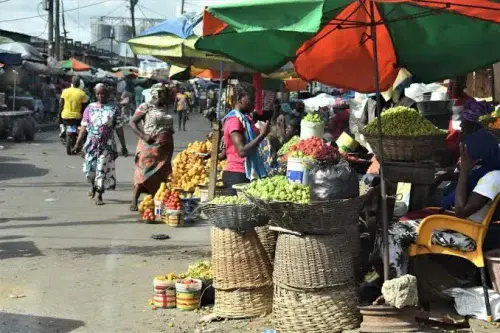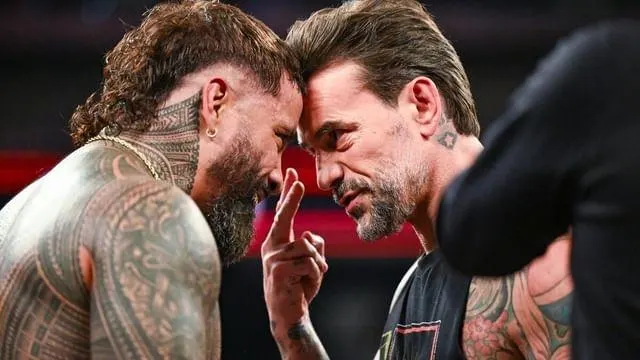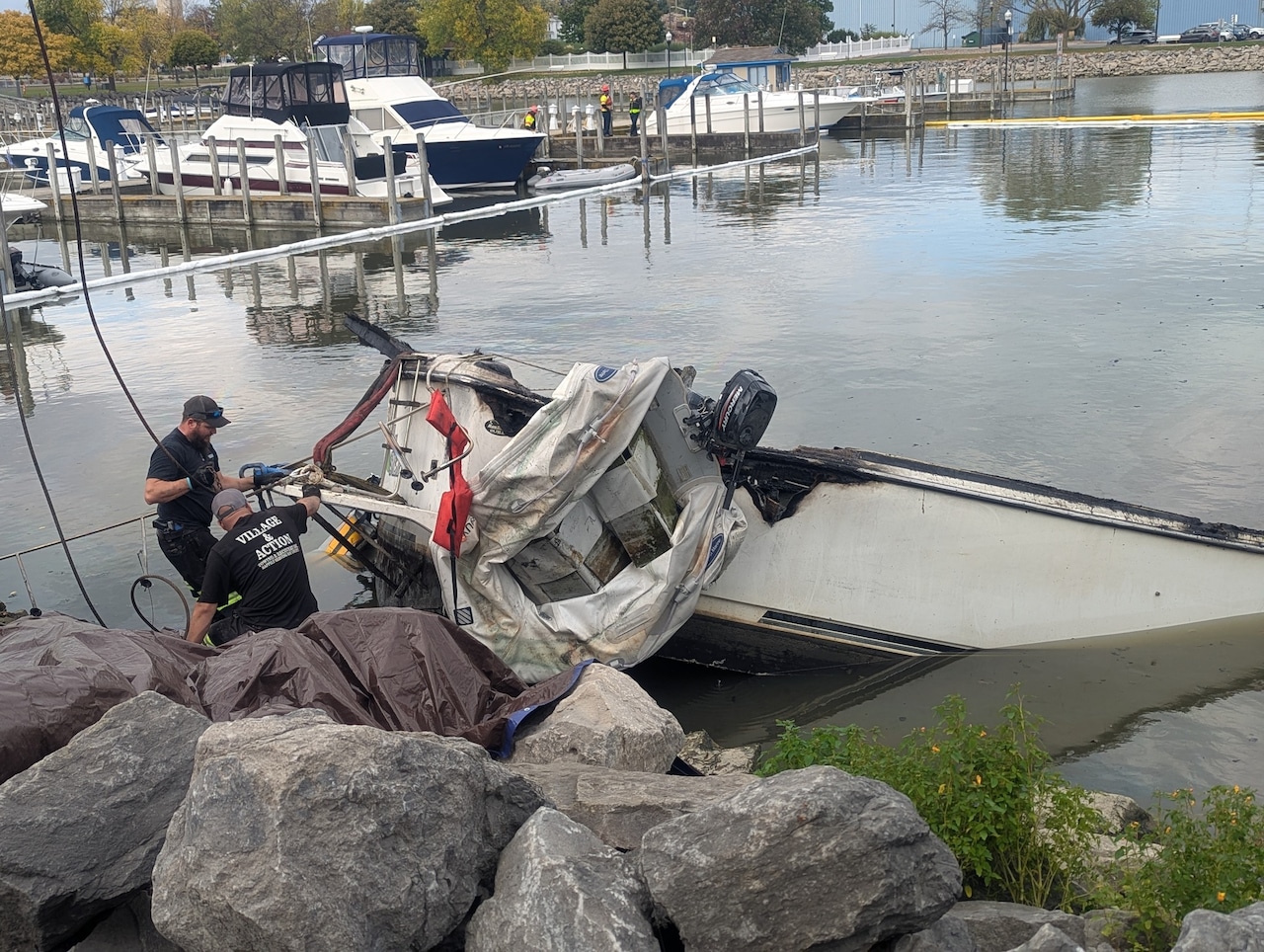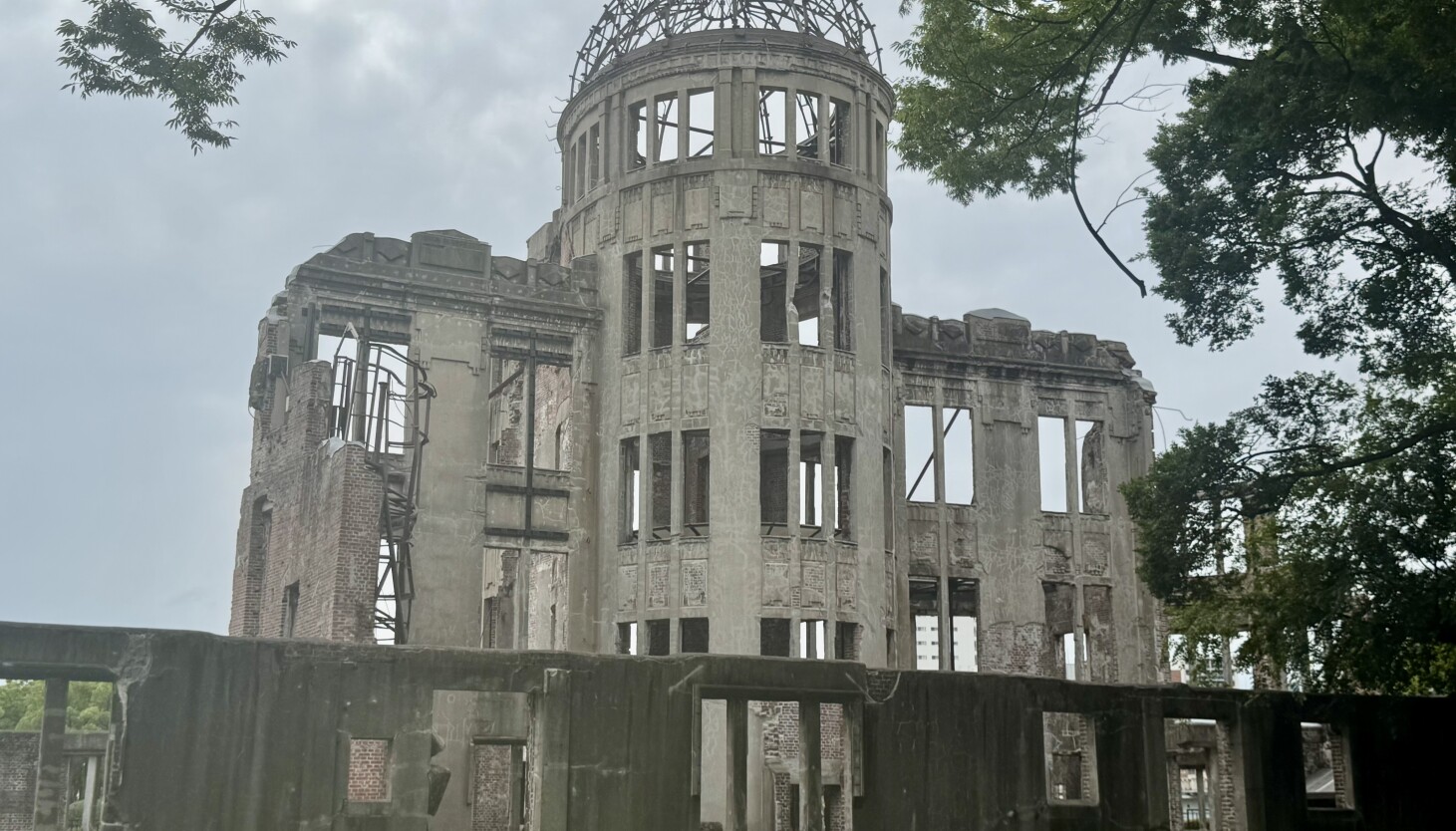Copyright ghanamma

Volta Regional Minister James Gunu has engaged key stakeholders to outline the next phase of work on the Aflao Market Project following the recent signing of a grant agreement between Ghana and China to support its construction. The meeting brought together traditional authorities, diplomats and government officials to reaffirm shared commitment to delivering the long awaited modern commercial center. Ghana secured a 30 million US dollar grant from the Chinese government for the construction in fulfillment of a campaign pledge made by President John Dramani Mahama during the 2024 general elections. The grant agreement was officially signed on July 7, 2025, at the Ministry of Foreign Affairs in Accra. Gunu said the new market would serve as a major economic hub along the eastern corridor, boosting cross-border trade, creating employment opportunities and enhancing revenue generation not only for the Aflao community but for the entire Volta Region. He lauded the project as aligned with the government’s broader development agenda, ensuring improved infrastructure and better livelihoods for border communities. Foreign Affairs and Regional Integration Minister Samuel Okudzeto Ablakwa, who signed on behalf of Ghana while Chinese Ambassador Tong Defa signed for the Chinese government, commended the partnership with China. Ablakwa expressed optimism that the project would help reshape the commercial landscape in the Ketu South Municipality. The facility falls under an Economic and Technical Cooperation Agreement between the two countries and aims to transform Aflao into a thriving commercial hub by providing modern infrastructure for trade. The new market is expected to significantly enhance economic activity along the Ghana-Togo border, linking Ho and Lomé markets, and improving livelihoods across the wider West African corridor. Ablakwa said the selection of Aflao was strategic, given its role as a key trading enclave that connects Ghana to the rest of West Africa through the Economic Community of West African States (ECOWAS) corridor. Chinese Ambassador Tong Defa lauded the cooperation between the two countries and said the project was part of broader efforts to implement down to earth and people centered initiatives that bring tangible benefits to both nations. Ablakwa noted that a similar grant amount from China was used to construct the Kotokuraba market in Cape Coast during the Mills and Mahama era, providing a proven model for the Aflao project. The Aflao market project, according to officials, will include state of the art facilities to ensure a safe and efficient trading environment. Present at the November 6 engagement were Acting Chief Director at the Ministry of Foreign Affairs Khadija Iddrisu, traditional leaders from the Aflao Traditional Area, and officials from the Embassy of the People’s Republic of China in Ghana. In a joint resolution, the stakeholders pledged to collaborate closely to ensure the project is delivered on schedule, meets high quality standards and maximizes socio economic benefits for the people. President Mahama also secured another 200 million RMB grant from President Xi Jinping for future developmental projects in Ghana. This new grant comes on top of an earlier 200 million RMB gift already dedicated to the construction of the Aflao market, bringing the total support from China this year to 400 million RMB. The two leaders agreed to finalize a zero percent tariff agreement by October 28, 2025, a move that will make Ghana the second African country to enjoy such trade benefits with China. This agreement is expected to boost bilateral trade, which already exceeded 11.8 billion US dollars in 2024. The Aflao Market Project is expected to enhance Ghana’s competitiveness under the African Continental Free Trade Area (AfCFTA) by positioning the Volta Region as a gateway for regional commerce and investment. The AfCFTA is a free trade area encompassing most of Africa, established in 2018 by the African Continental Free Trade Agreement, making it the largest free trade area by number of member states after the World Trade Organization.



